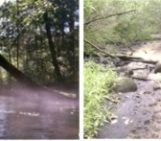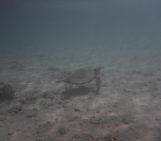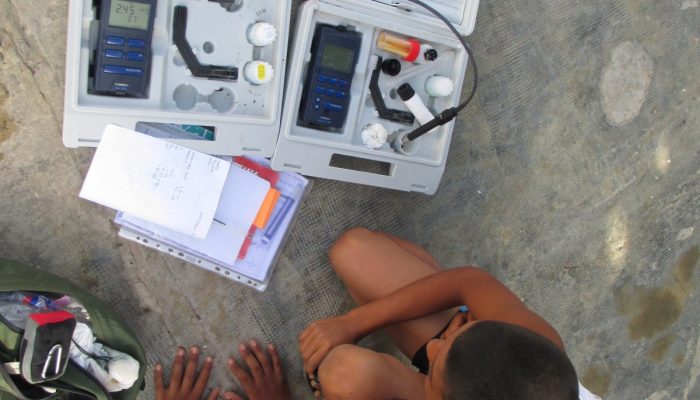
Post by Viviana Re, postdoctoral researcher at the University of Pavia (Università di Pavia), in Italy. You can follow Viviana on Twitter at @biralnas.
Part one of a two part series on groundwater and education by Viviana.
___________________________________________________________
Education /ɛdjʊˈkeɪʃ(ə)n
The process of receiving or giving systematic instruction, especially at a school or university.
- from Latin educatio(n-), from the verb educare
- Educare is a combination of the words e (out) and ducare (lead, drawing), or drawing out.
Based on this definition, I should change the title of this post to: Drawing out groundwater (from the well). This is actually the main occupation of groundwater scientists, isn’t it? Not only are we always withdrawing groundwater from a well or a borehole while sampling, but we also often have to “draw it out” when dealing with managers and policy makers, as sometimes they seem to forget about this hidden (but very important) component of the water cycle. Therefore, we are quite used to these forms of “drawing out” – but what about education? Are we really that effective in “drawing out” groundwater in explaining its peculiarities, issues, and connections within the whole water cycle and, more generally, with the environment?
Indeed, the effort of shedding light on something that is not so visible nor easily studied has the side effect of forcing us to focus solely on it, with a resulting tendency of developing sectorial approaches to water management.
In the preface of a UNESCO Technical paper, I found the following excerpt: “Water resources schemes are now increasingly considered as integrated systems and consequently, civil engineers, geologists, agricultural engineers and hydraulic engineers engaged in planning and design no longer work in isolation”. The document is dated 1974 but, still in 2017, we are somehow struggling to fitting groundwater into Integrated Water Resources Management (IWRM) and to connecting mental and structural “silos”. Quoting Daly (2017), the latter is particularly relevant (especially when education is at stake): if on the one hand, specialization can be the driver for a sound knowledge; on the other hand, this can encourage people to get stuck in their own individual disciplines (or said in other words, their “silos”). Indeed, “silos” exist in their structures, but can also exist as a state of mind that can go hand in hand with tunnel vision (Tett, 2015).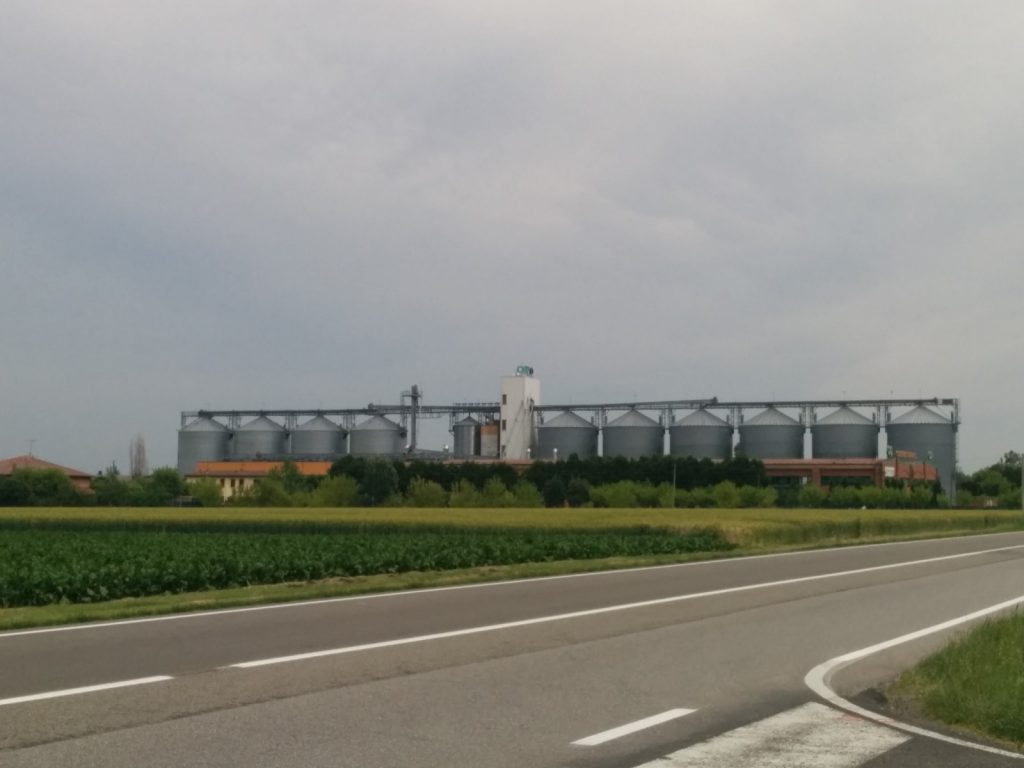
Therefore, in my opinion, the new generation of groundwater scientists (and teachers) should have a new mission: to work (and therefore, to teach) coherently with the integrated and complex nature of the water cycle. In fact, the role of hydrogeologists and groundwater scientists in times of increasing freshwater demand, exacerbated by population growth and climate change effects, requires a serious shift towards a more holistic approach targeting sound groundwater assessment and long-term management.
Arguably, if we are still discussing possible ways of practically implementing this integration, we should definitely start asking ourselves if the the “business as usual” way of working and teaching is effective. If it is not, we must begin investigating how we can go beyond classical approaches to draw groundwater out of the well.
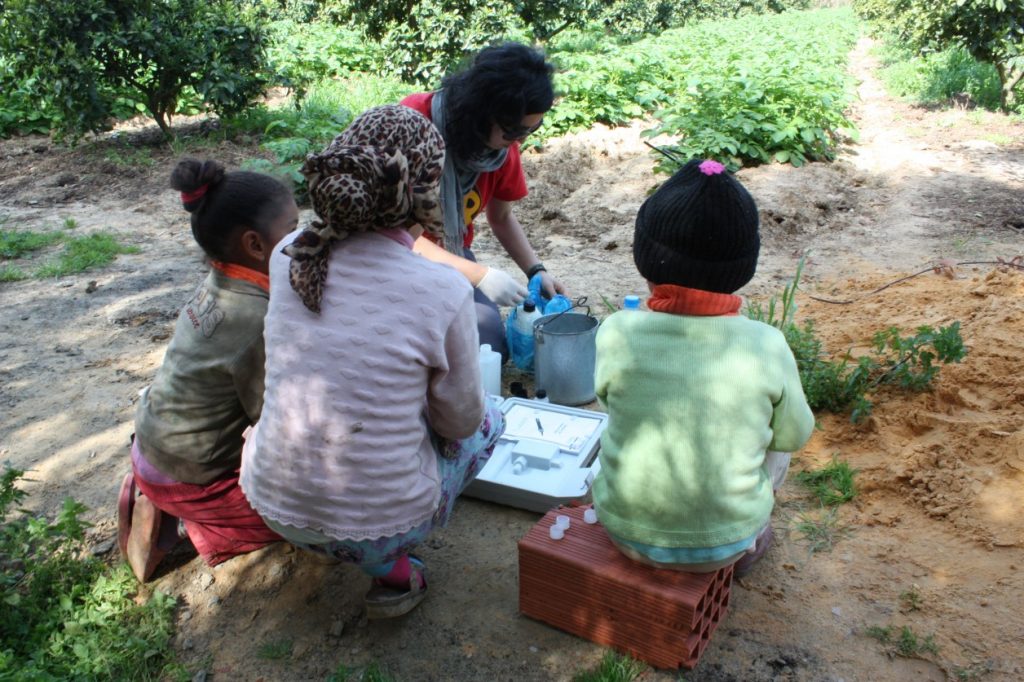
Playing with kids while sampling … can we call it capacity building?!
To be continued …

